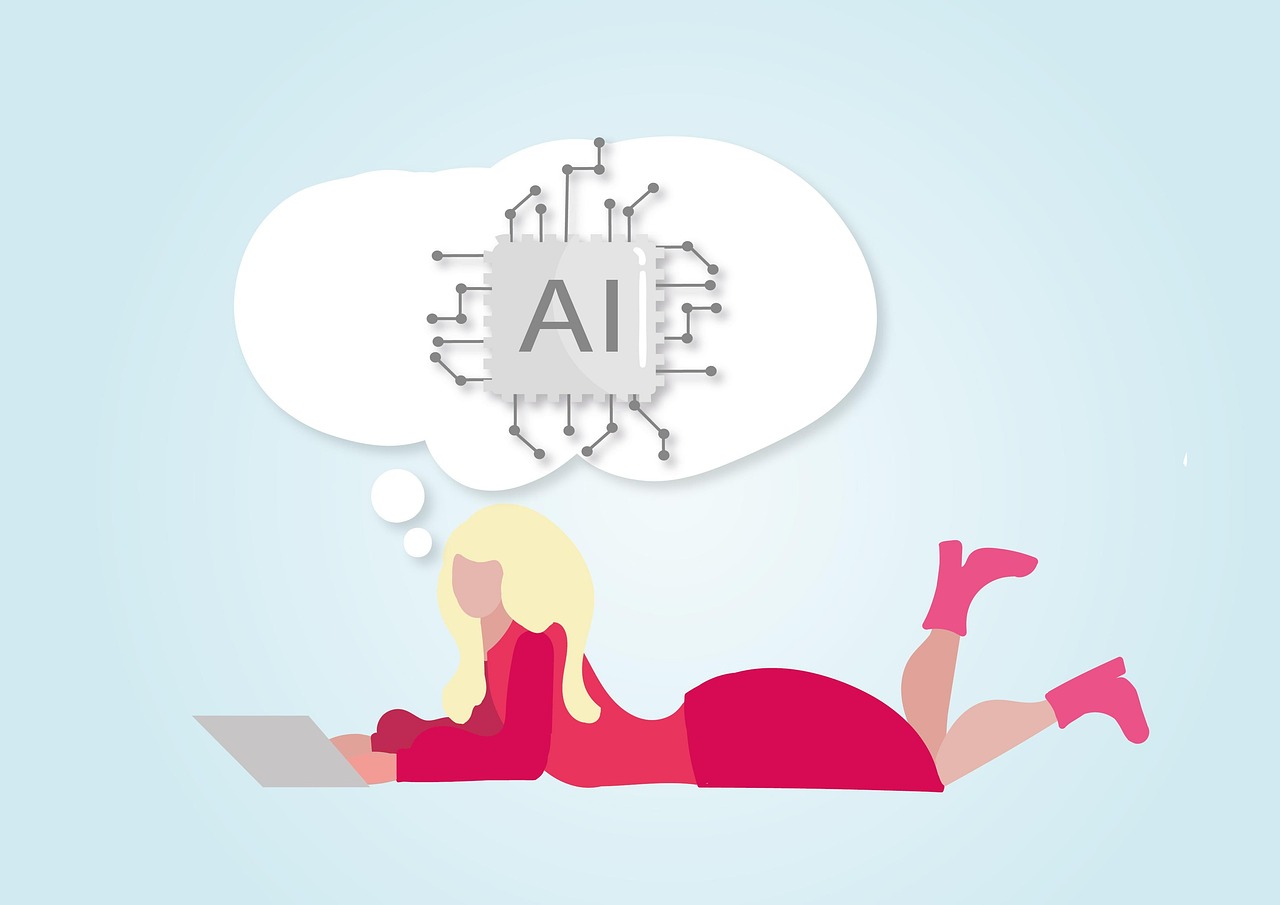Artificial intelligence (AI) is no longer a futuristic concept; it’s a tangible force reshaping industries and revolutionizing how we live and work. From personalized recommendations on streaming platforms to sophisticated diagnostic tools in healthcare, AI’s impact is undeniable. This article delves into the diverse and impactful use cases of AI, providing a comprehensive overview of its applications across various sectors. We will explore how AI is transforming businesses, improving efficiency, and unlocking new possibilities.
AI in Healthcare
AI is revolutionizing healthcare, offering solutions that enhance diagnostics, treatment, and patient care. Its ability to analyze vast datasets and identify patterns invisible to the human eye makes it an invaluable tool for medical professionals.
Diagnostic Assistance
AI-powered diagnostic tools can analyze medical images (X-rays, MRIs, CT scans) with remarkable speed and accuracy, assisting radiologists in detecting anomalies and diseases like cancer at earlier stages.
- Example: Google’s AI-powered system can detect breast cancer from mammograms with accuracy comparable to human radiologists, potentially reducing false positives and false negatives.
- Benefit: Earlier and more accurate diagnoses lead to better patient outcomes and improved survival rates.
Personalized Medicine
AI algorithms can analyze patient data, including genetics, lifestyle, and medical history, to create personalized treatment plans tailored to individual needs.
- Example: AI can predict a patient’s response to a specific medication, allowing doctors to prescribe the most effective treatment while minimizing side effects.
- Benefit: Personalized medicine optimizes treatment efficacy, reduces healthcare costs, and improves patient quality of life.
Drug Discovery
AI accelerates the drug discovery process by analyzing complex biological data, identifying potential drug candidates, and predicting their effectiveness.
- Example: AI algorithms can screen millions of compounds to identify those most likely to bind to a specific target protein involved in a disease, significantly reducing the time and cost of drug development.
- Benefit: Faster and more efficient drug discovery leads to the development of new treatments for diseases and improved healthcare outcomes.
AI in Finance
The financial industry is leveraging AI to automate processes, detect fraud, and provide personalized financial advice.
Fraud Detection
AI algorithms can analyze vast amounts of transaction data in real-time, identifying suspicious patterns and preventing fraudulent activities.
- Example: Machine learning models can detect unusual spending patterns or transactions originating from high-risk locations, flagging them for further investigation.
- Benefit: Reduced financial losses due to fraud, improved security, and enhanced customer trust.
Algorithmic Trading
AI-powered trading algorithms can analyze market data, identify trends, and execute trades automatically, optimizing investment strategies and maximizing returns.
- Example: These algorithms can analyze news articles, social media sentiment, and economic indicators to predict market movements and make informed trading decisions.
- Benefit: Increased trading efficiency, improved investment performance, and reduced human error.
Personalized Financial Advice
AI-powered chatbots and virtual assistants can provide personalized financial advice to customers, helping them manage their finances, plan for retirement, and achieve their financial goals.
- Example: AI can analyze a customer’s income, expenses, and investment goals to create a personalized financial plan and provide tailored recommendations.
- Benefit: Improved financial literacy, better financial planning, and increased access to financial advice for a wider range of individuals.
AI in Manufacturing
AI is transforming manufacturing processes, improving efficiency, reducing costs, and enhancing product quality.
Predictive Maintenance
AI algorithms can analyze sensor data from machines and equipment to predict potential failures and schedule maintenance proactively, minimizing downtime and preventing costly breakdowns.
- Example: By analyzing vibration patterns, temperature readings, and other sensor data, AI can identify early signs of wear and tear, allowing maintenance teams to address issues before they lead to major failures.
- Benefit: Reduced downtime, lower maintenance costs, and improved equipment lifespan.
Quality Control
AI-powered vision systems can inspect products for defects with greater speed and accuracy than human inspectors, ensuring consistent product quality and reducing waste.
- Example: AI can analyze images of products to identify scratches, dents, or other imperfections that would be missed by the human eye.
- Benefit: Improved product quality, reduced waste, and increased customer satisfaction.
Robotics and Automation
AI-powered robots can automate repetitive and dangerous tasks, freeing up human workers to focus on more complex and creative activities.
- Example: AI-powered robots can assemble products, package goods, and transport materials, improving efficiency and reducing the risk of workplace injuries.
- Benefit: Increased productivity, reduced labor costs, and improved workplace safety.
AI in Retail
AI is reshaping the retail landscape, providing personalized shopping experiences, optimizing inventory management, and enhancing customer service.
Personalized Recommendations
AI algorithms analyze customer data, including purchase history, browsing behavior, and demographics, to provide personalized product recommendations that increase sales and customer loyalty.
- Example: E-commerce websites use AI to suggest products that a customer might be interested in based on their past purchases and browsing history.
- Benefit: Increased sales, improved customer engagement, and enhanced customer satisfaction.
Inventory Management
AI-powered inventory management systems can predict demand, optimize stock levels, and reduce waste.
- Example: AI can analyze sales data, seasonal trends, and market conditions to forecast demand and ensure that the right products are in stock at the right time.
- Benefit: Reduced inventory costs, minimized stockouts, and improved customer satisfaction.
Chatbots and Virtual Assistants
AI-powered chatbots can provide instant customer support, answer questions, and resolve issues, improving customer satisfaction and reducing the workload on human customer service agents.
- Example: Chatbots can answer common questions about products, shipping, and returns, providing customers with quick and efficient assistance.
- Benefit: Improved customer service, reduced customer service costs, and increased customer satisfaction.
Conclusion
AI is transforming industries across the board, offering solutions that improve efficiency, reduce costs, and enhance customer experiences. From healthcare and finance to manufacturing and retail, the applications of AI are vast and continue to expand. As AI technology evolves, we can expect to see even more innovative and impactful use cases emerge, further shaping the future of work and society. Embracing AI and understanding its potential is crucial for businesses and individuals alike to thrive in this rapidly changing world. Investing in AI skills and infrastructure will be paramount to leveraging its benefits and staying ahead of the curve. The age of AI is here, and its impact will only continue to grow.




